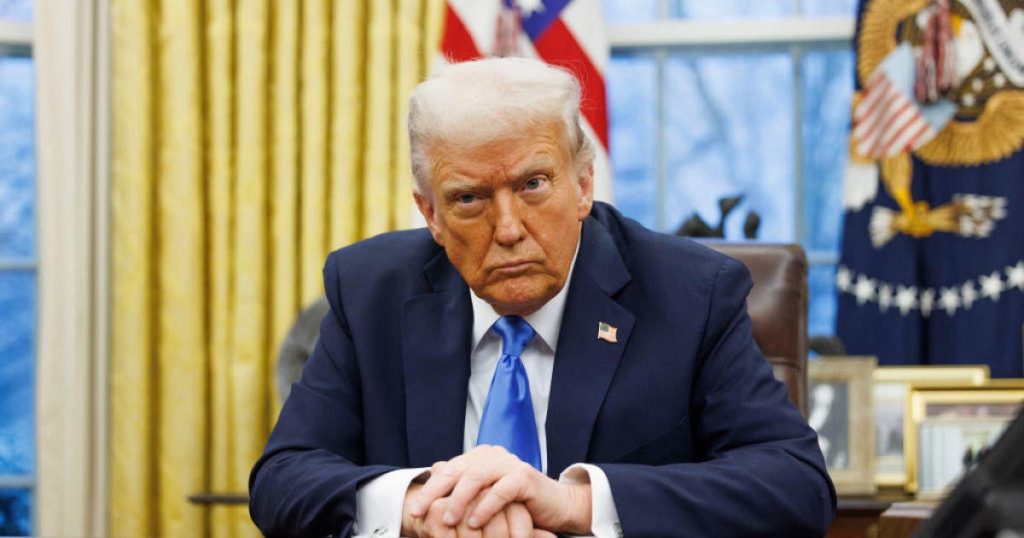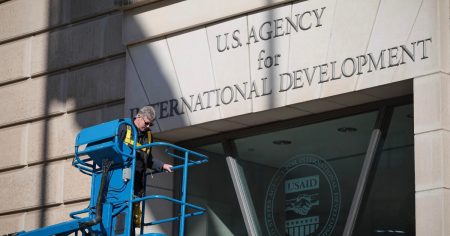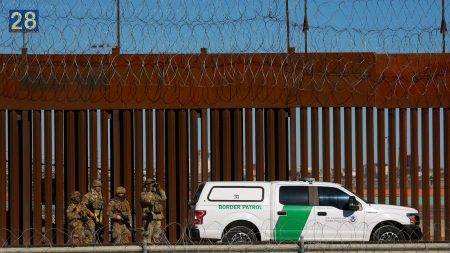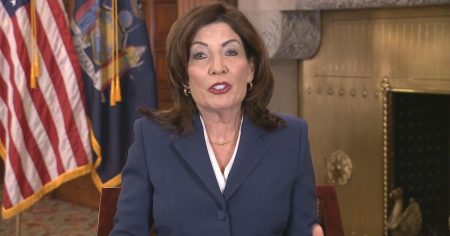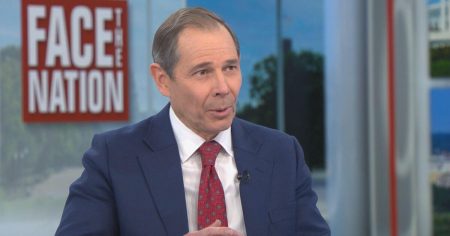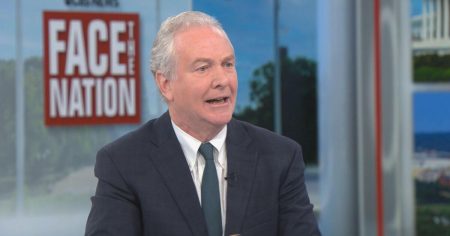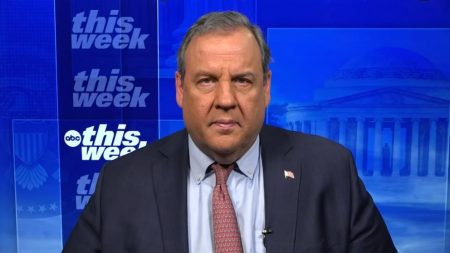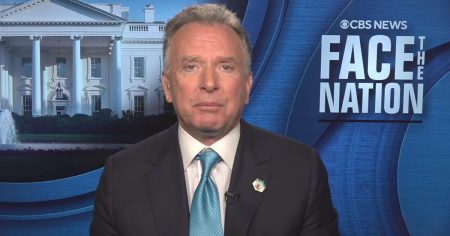The Legal Case Against the Firings
In a significant legal move, eight former government watchdogs, known as inspectors general, have filed a lawsuit against President Trump, challenging their abrupt terminations. These officials, entrusted with overseeing various federal agencies, argue that their firings violated federal laws designed to protect their independence. Inspectors general are crucial for conducting audits and investigations to combat waste, fraud, and abuse within government agencies. Their role is nonpartisan, and they are typically appointed with Senate confirmation, regardless of political affiliation. The lawsuit, filed in a Washington, D.C., federal court, asserts that President Trump failed to adhere to a 2022 bipartisan law requiring a 30-day notice period to Congress and a detailed rationale for such removals. This legal challenge underscores the importance of upholding the rule of law and maintaining the integrity of governmental oversight.
The Details of the Terminations
The terminations were effected swiftly and without the required formalities, as the inspectors general received brief emails stating their immediate dismissal. Agencies swiftly revoked their access to government emails, computer systems, and equipment, and they were physically barred from their workplaces. These actions effectively halted their ability to perform their duties, which the lawsuit contends constitutes illegal interference. The abrupt nature of these firings, affecting officials from key departments like Defense, Health and Human Services, and others, raises concerns about accountability and transparency. The watchdogs argue that their removals are void under the law, asserting their continued legal tenure until proper procedures are followed.
The Watchdogs’ Argument
Central to the lawsuit is the assertion that the firings were unlawful, rendering the terminations null and void. The inspectors general maintain that they remain in their positions until President Trump complies with the legal requirements for their removal. This stance highlights the critical independence of inspectors general, emphasizing their role as watchdogs rather than political pawns. Their lawsuit underscores the detrimental impact of undermining this independence, which could erode public trust in government accountability. By challenging their dismissals, the watchdogs aim to reaffirm the importance of their oversight role in ensuring ethical governance.
Context of Trump’s Actions
President Trump’s decision to fire these watchdogs deviates from historical norms, where such positions were generally respected across administrations. The 2022 law, sponsored by bipartisan efforts, was enacted to ensure that future removals would be transparent and justified. Trump’s actions, however, bypassed these safeguards, prompting critics to question the motivations behind these dismissals. The lawsuit points out that Trump’s claims of these firings being routine are unfounded, as past presidents, including himself during his first term, refrained from such actions. This departure from precedent raises concerns about the administration’s commitment to accountability and the potential for unchecked executive power.
Congressional Reaction and Support
The firings have sparked bipartisan concern in Congress, with key figures like Senators Chuck Grassley and Dick Durbin urging President Trump to comply with legal requirements. Grassley, a Republican, and Durbin, a Democrat, emphasized the importance of accountability and public confidence in the inspector general system. Their stance reflects a broader congressional commitment to protecting these watchdogs, essential for rooting out misconduct within the executive branch. By advocating for adherence to the law, Congress seeks to ensure that inspectors general can continue their vital work without fear of unjust removal, thus maintaining public trust in governmental oversight.
The Larger Implications
This lawsuit is part of a broader pattern of legal challenges against the Trump administration, highlighting significant concerns about governance and accountability. The case symbolizes the ongoing tension between executive authority and independent oversight, with potential implications for the balance of power in government. The inspectors general’s legal challenge not only seeks to vindicate their individual rights but also to uphold the principles of transparency and accountability essential to democratic governance. The outcome of this case could set a precedent for future administrations, influencing how governmental oversight is conducted and the protections afforded to those tasked with ensuring integrity within federal agencies.





